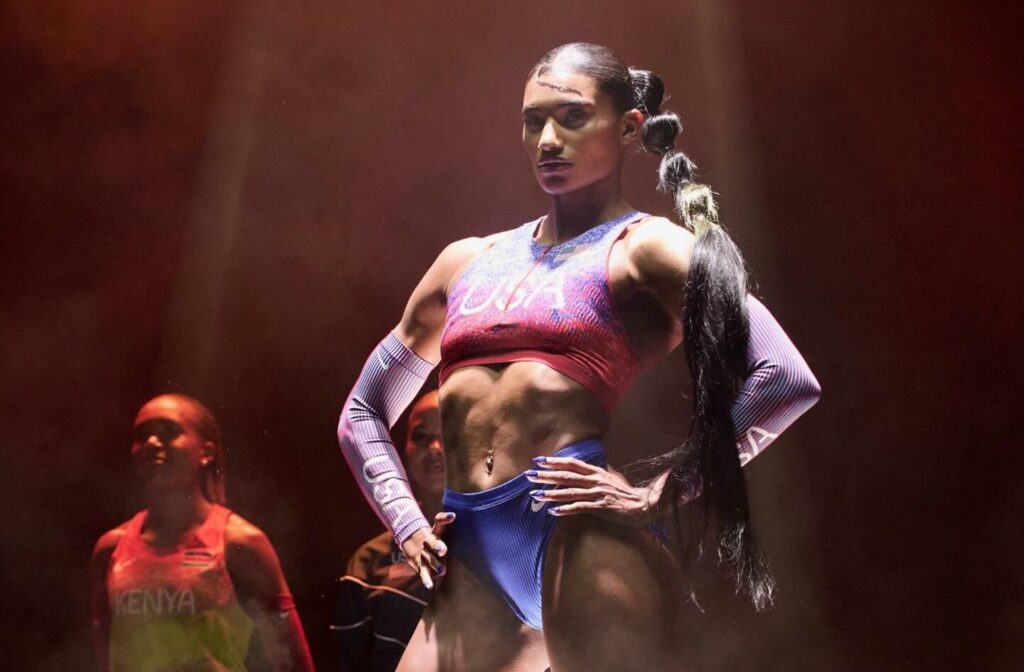The Nike women’s track and field uniform was modeled on a mannequin and left little to the imagination
Photo from Nike/Instagram
Nike recently unveiled its collection of uniforms for the Paris 2024 Olympics, and one particular women’s kit was met with heavily mixed reactions.
One of the uniforms for the US women’s track and field team drew heavy online criticism for its revealing nature.
The kit in question is a high-cut, pink jumpsuit with a smaller-than-average crotch area worn by a standard mannequin. While netizens aren’t holding back on calling out the athletic brand for their “sexist” uniform design, professional athletes are divided on the subject.
US national champion for the 500m in 2006 and 2010 Lauren Fleshman took to Instagram to express her distaste for the uniform.
“Professional athletes should be able to compete without dedicating brain space to constant pube vigilance or the mental gymnastics of having every vulnerable piece of your body on display,” she wrote.
During a Team USA media summit, Olympic medalist Sanya Richards-Ross also expressed her surprise and shock at the uniforms.
“I think the overall designs are beautiful, but ultimately I feel like the athletes should be super comfortable so they can go on the track and give their best,” she said.
Olympic long jumper Tara Davis-Woodhall also expressed her discomfort about the uniform. “Wait my hoo hah is going to be out,” under an Instagram post of the kit.
Davis-Woodhall—who will be competing in the Paris Olympics this year—later backtracked on her comment after seeing the uniform in person, saying that the photo “didn’t do it justice.”
Pole vault champion and Olympic medalist Katie Moon also voiced her perspective on the uniform debate, choosing to focus on respecting an athlete’s decision if they decide to wear it or not.
The United States Track and Field (USATF) later clarified to AFP that the kit in question is simply one option among 50 different pieces that are available to athletes.
Women’s uniforms have long been a topic of debate in professional sports. What’s important to remember, though, is that the athlete’s comfort and performance should come before any aesthetic value the kits may offer.
The Paris 2024 Summer Olympics will be held from July 26 to Aug. 11.


